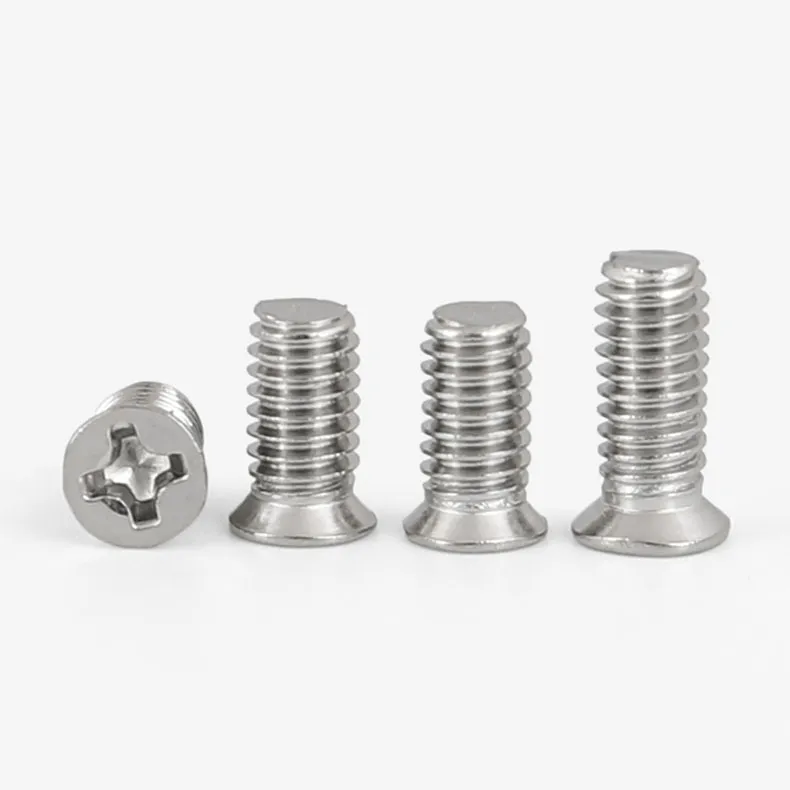

stud bolt m14
Nov . 14, 2024 13:04 Back to list
stud bolt m14
Understanding Stud Bolts The M14 Standard
In the realm of mechanical engineering and construction, fasteners play an indispensable role in ensuring the structural integrity and durability of various applications. Among these fasteners, stud bolts stand out due to their prominent use in high-strength and critical applications. In this article, we will delve into the specifics of stud bolts, emphasizing the M14 standard, its applications, properties, and advantages.
What is a Stud Bolt?
A stud bolt is a versatile fastening component characterized by its cylindrical shape, threaded on both ends. Unlike conventional bolts that have a head at one end, stud bolts can be fully threaded, providing the ability to secure two or more components tightly together. This design makes stud bolts particularly useful in situations where both sides of a joint require a fastening point, allowing for greater flexibility in assembly and disassembly.
The M14 Standard
The M in M14 designates the metric standard, as defined by the International Organization for Standardization (ISO). The M14 stud bolt specifically has a nominal diameter of 14 millimeters and adheres to specific tolerances and mechanical properties as outlined in various engineering standards. The length of an M14 stud bolt can vary depending on application requirements, making it a highly adaptable option.
Properties of M14 Stud Bolts
1. High Strength M14 stud bolts are manufactured from high-grade materials, commonly carbon steel or alloy steel, which can be heat-treated to enhance their tensile and yield strength. This property enables them to endure significant loads and stresses, making them suitable for heavy-duty applications.
2. Corrosion Resistance M14 stud bolts can be coated or treated to improve their resistance to corrosion. Common treatments include galvanization, epoxy coating, and passivation, ensuring longevity in various environments, especially in petrochemical or marine applications.
3. Versatility in Design The fully threaded design allows for flexibility when it comes to the thickness of the components being fastened. This makes M14 stud bolts an excellent choice for applications requiring precision and reliability.
4. Ease of Installation The compatibility of M14 stud bolts with standard nuts and washers simplifies the installation process. They are often used in pairs with nuts that are torqued to the required specifications for proper tensioning.
Applications of M14 Stud Bolts
stud bolt m14

Stud bolts, particularly those conforming to the M14 standard, find extensive use in various sectors, including
- Structural Engineering They are commonly employed in steel frame constructions, bridges, and buildings where strong connections are critical.
- Machine Assembly M14 stud bolts are frequently used in heavy machinery, automotive applications, and manufacturing equipment where reliability and strength are paramount.
- Oil and Gas Industry In high-pressure and high-temperature environments, such as pipelines and pressure vessels, M14 stud bolts provide the necessary strength and adaptability.
- Electrical Engineering They are used in assembling electrical equipment, ensuring secure connections that can withstand vibration and stress.
Advantages of Using M14 Stud Bolts
1. Load Distribution The threaded design allows for even load distribution across the joint, minimizing the risk of material failure or separation.
2. Reusability Unlike some other fastening methods, stud bolts can be reused multiple times without significant loss of performance, making them a cost-effective solution.
3. Quality Assurance The availability of M14 stud bolts that conform to strict standards ensures that they meet the required specifications for various applications, providing peace of mind for engineers and designers.
4. Custom Solutions M14 studs can be manufactured in custom lengths and configurations, allowing manufacturers to meet specific project needs efficiently.
Conclusion
M14 stud bolts are a crucial component in modern engineering and construction, known for their strength, versatility, and reliability. By understanding the characteristics and applications of these fasteners, engineers and construction professionals can make informed decisions when selecting fasteners for their projects. Whether used in the construction of skyscrapers or in the assembly of sophisticated machinery, M14 stud bolts continue to play a vital role in ensuring structural integrity and performance in a wide array of applications.
Latest news
-
Hot Dip Galvanized Bolts-About LongZe|High Strength, Corrosion Resistance
NewsJul.30,2025
-
High-Strength Hot Dip Galvanized Bolts - Hebei Longze | Corrosion Resistance, Customization
NewsJul.30,2025
-
Hot Dip Galvanized Bolts-Hebei Longze|Corrosion Resistance&High Strength
NewsJul.30,2025
-
High-Strength Hot-Dip Galvanized Bolts-Hebei Longze|Corrosion Resistance&High Strength
NewsJul.30,2025
-
Hot Dip Galvanized Bolts-Hebei Longze|Corrosion Resistance&High Strength
NewsJul.30,2025
-
Hot Dip Galvanized Bolts - Hebei Longze | Corrosion Resistance, High Strength
NewsJul.30,2025

